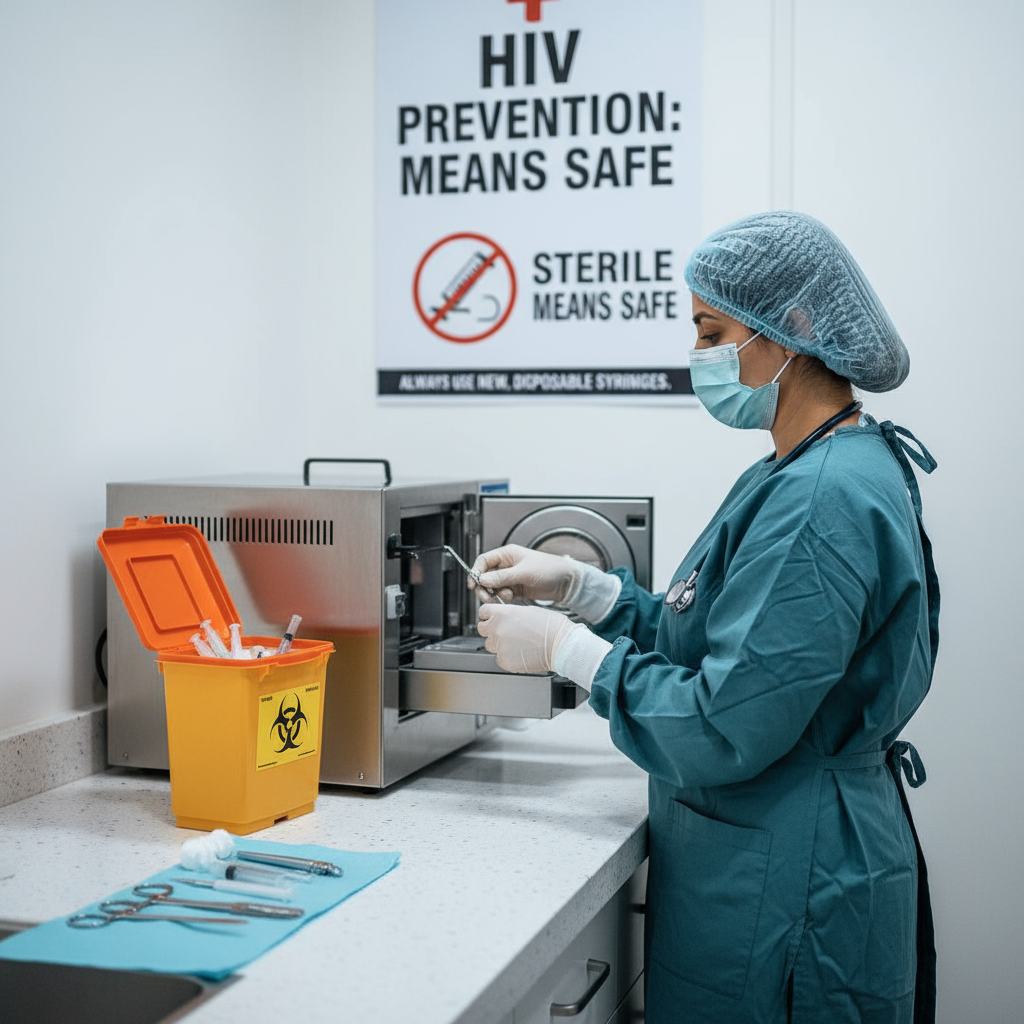Peanut Allergy Rates Drop 43% After Early Feeding Guidelines Change
Peanut allergy rates have dropped dramatically in recent years. Researchers at the Children’s Hospital of Philadelphia (CHOP) compared allergy data before and after 2017, when new pediatric feeding guidelines were introduced. They found that food allergy diagnoses among infants and toddlers fell by 36%, while peanut allergies alone dropped by 43%. This major decline highlights how early exposure can help prevent life-changing allergies in children. Dr. Edith Bracho-Sanchez, a pediatrician at Columbia University Irving Medical Center, called it “prevention of a potentially deadly, life-changing diagnosis.”
How Early Feeding Changed Everything
For decades, parents were told to delay giving babies foods that often trigger allergies, such as peanuts or eggs. The goal was to protect children from allergic reactions. However, this advice had the opposite effect. Researchers later found that avoiding these foods early in life increased allergy risks. In 2015, the groundbreaking LEAP trial challenged this belief. The study showed that high-risk babies who ate peanuts early and continued doing so were 80% less likely to develop an allergy by age five. This discovery completely reshaped feeding recommendations.
The Impact on Children’s Health
Since the new guidelines took effect in 2017, many parents have started introducing peanuts and other allergenic foods early. As a result, fewer children now face severe allergic reactions or lifelong dietary restrictions. Experts say this shift represents a huge step forward for child health. It also shows how scientific research can directly improve everyday parenting practices. In addition, public health campaigns continue to spread awareness, helping parents make informed decisions about early nutrition.






